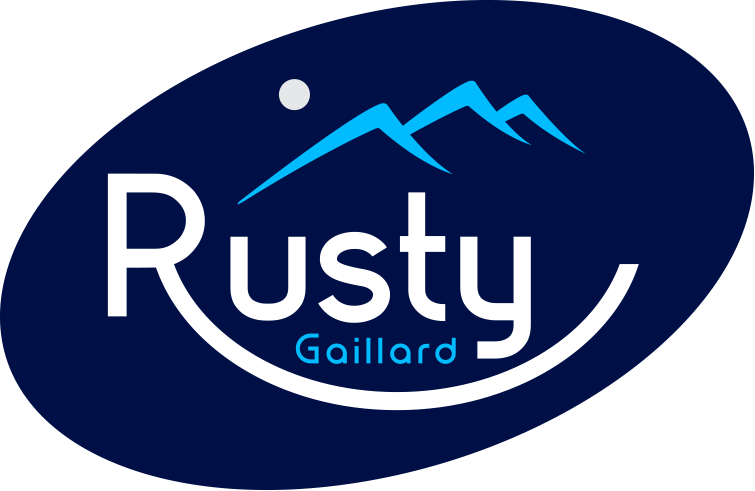Finding Your Path: How to Choose an Executive Coach
Are you a successful mid-career leader wondering how to reach the next level? Perhaps you've realized that the skills and approaches that got you here might not get you where you want to go. You're not alone. Many accomplished professionals reach a point where they need fresh perspectives and new strategies to break through their current ceiling.
The Hidden Cost of Playing it Safe
Success often breeds caution. While you may be performing well, the tendency to become risk-averse can secretly undermine your potential. This "excellence trap" manifests in subtle ways: holding back direct feedback, keeping your best ideas to yourself, prioritizing harmony over results, or focusing too much on avoiding mistakes rather than driving innovation.
These habits might feel safe, but they come at a cost. They not only limit your impact but can also lead to decreased job satisfaction and stunted career growth. When you're too focused on maintaining your current success, you miss the opportunities that breakthrough results and drive job satisfaction.
Breaking Free: The Journey to Greater Impact
True leadership success requires both a new skillset and a new mindset. While tactical improvements matter, the real breakthrough comes from bring more authentic as a leader, by sharing your opinions, ideas, and feedback with confidence. This is where an executive coach becomes invaluable – serving as a catalyst for transformation while helping you maintain what already works.
Essential Questions for Choosing Your Coach
When evaluating potential coaches, consider these crucial factors:
Relevant Experience: Has the coach walked in your shoes? Look for someone with substantial corporate experience who understands your challenges firsthand.
Coaching Approach: Does the coach use a standard playbook or create a bespoke approach for your situation? The best coaches adapt their methods to your specific needs.
Support Type: Do you need more tactical support with accountability and execution, or do you need a thought partner to help you see blind spots and develop strategy?
Track Record: Has the coach successfully helped others in similar situations? Ask for specific examples and results.
Definition of Success: Does the coach focus primarily on your objectives and measure success by your growth? Look for someone who prioritizes your goals over their own methodology or reputation.
Personal Alignment: Beyond credentials, do you feel a genuine connection? The best coaching relationships are built on trust and mutual respect.
The Coaching Partnership
Effective coaching is a partnership built on trust and vulnerability. Your coach should create a safe space for honest reflection while challenging your assumptions and providing practical tools for implementation. They should be both supportive and willing to push you outside your comfort zone when necessary.
Investment in Your Leadership Journey
Viewing coaching as an investment rather than an expense is crucial. A good coaching engagement should deliver returns that far exceed the time, energy, and money invested.
In the short-term, you benefit by addressing the immediate challenges that brought you to coaching, whether that's improving team performance, navigating a difficult transition, or stepping into a bigger leadership role.
In the long-term, transformation runs deeper as you develop an authentic leadership style and strategic mindset that serves you far beyond your original goals. Many clients discover that while they came to solve a specific challenge, they leave with a profound shift in how they show up as leaders, along with the confidence and capabilities to tackle future challenges in both their professional and personal lives.
Breaking the Solo Success Myth
Many successful leaders believe they should figure everything out on their own. The most effective leaders recognize the value of having a thought partner who can help them see blind spots, challenge their thinking, and accelerate their growth.
The right executive coach can be transformative, helping you achieve greater success while becoming more authentic in your leadership. As you consider this important step, take time to evaluate potential coaches carefully. The goal isn't just to find a coach – it's to find the right partner for your leadership journey.
Your path to greater impact begins with choosing a coach who:
Understands where you are and where you want to go
Has experience to help you get there
Believes you can do it
Schedule an introductory call to see if we are a good fit to work together.



